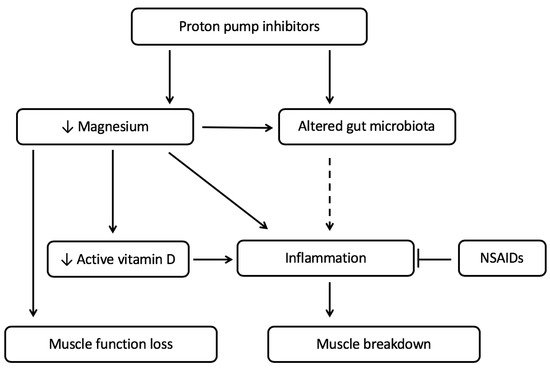
Proton pump inhibitors (PPIs) are some of the most widely prescribed drugs for the treatment of gastroesophageal reflux disease.
They have been in use since the 1980s and are still used today by millions of people around the world
PPI's, or Prescription Inhibitors of Acid Reflux, are basically drugs that control the way the stomach produces stomach acid. The drugs work by keeping acid from entering the esophagus. In doing so they cause a sustained and deep reduction in stomach acid output.
While there are no studies comparing PPIs with other drugs for GERD, doctors do know that drugs are more effective in the treatment of their patients' symptoms. Among these medications are Zantac, Tagamet, Protonix and Prevacid. Each of these drugs works by maintaining the acid content of the stomach. In many cases, PPI's are the preferred choice because they have fewer side effects than other drugs used for this condition.
Because many studies have been done on PPI's, the best way to determine if they really are as effective as other drugs for GERD is to have them evaluated by a physician. This doctor can look at the results from many studies and see if the PPI works as well as the other drugs. A doctor can also test them out on their own. In addition, if a patient wants to try another drug, the doctor may not be able to recommend the same PPI. If this happens to you, then talk to your doctor about a different drug to take.
Some PPI's are called proton pump inhibitors because they actually create an increase in the volume of fluid in the stomach. These drugs make it easier for stomach contents to pass through the esophagus and into the stomach. This allows the stomach to have an increased flow of acid, which lessens the amount of acid produced in the stomach. However, this increase in fluid also causes a decrease in the stomach's overall size. So it may appear that the acid levels in the stomach to increase and decrease together.
PPI's can help with both acid reflux symptoms and esophageal sphincter problems, and some studies suggest that a person who takes these drugs might experience a decrease in the risk of developing esophageal cancer. as, well. Some doctors recommend that PPI's be taken with medications that fight GERD, so that the acid can be reduced even more effectively. This way the amount of acid that the stomach produces will be lessened.
While not every study has supported the effectiveness of PPI's, most doctors do agree that they have helped many people get relief from acid reflux and esophageal issues. Many's are also good at preventing recurrent episodes of gastroesophageal reflux disease. The FDA has approved PPI's to lower acid production and heartburn. While PPIs are available in different forms, the most common are the generic drugs that come in tablets, lozenges or nasal sprays.
Some people do not react to PPI's as well as they do to other drugs
This means that if you are taking one of the newer generic versions, talk to your doctor before you stop taking any of them to make sure that you are getting the full benefits of the drug. You should also ask about PPI's if you have any pre-existing health conditions or have had recent surgery.
If you are considering using PPI's, your first step is to make sure you understand all the possible side effects and risks of taking the medication. There are some side effects that are mild and cannot be expected to occur. Other side effects may include sleepiness, headaches, nausea, vomiting, dizziness, upset stomach, diarrhea and vomiting, and stomach bleeding.
Most people are familiar with the serious side effects of proton pump inhibitors. They include nausea, bloating, dizziness, and irregular heartbeats. These serious side effects can be caused by a number of different factors, including pregnancy, high cholesterol, diabetes, hypertension, liver problems, and obesity.
Since there are many benefits to using PPI's, it is important to talk to your doctor if you feel you need to take them. He or she can give you the information you need about these drugs and what to expect when you take them.